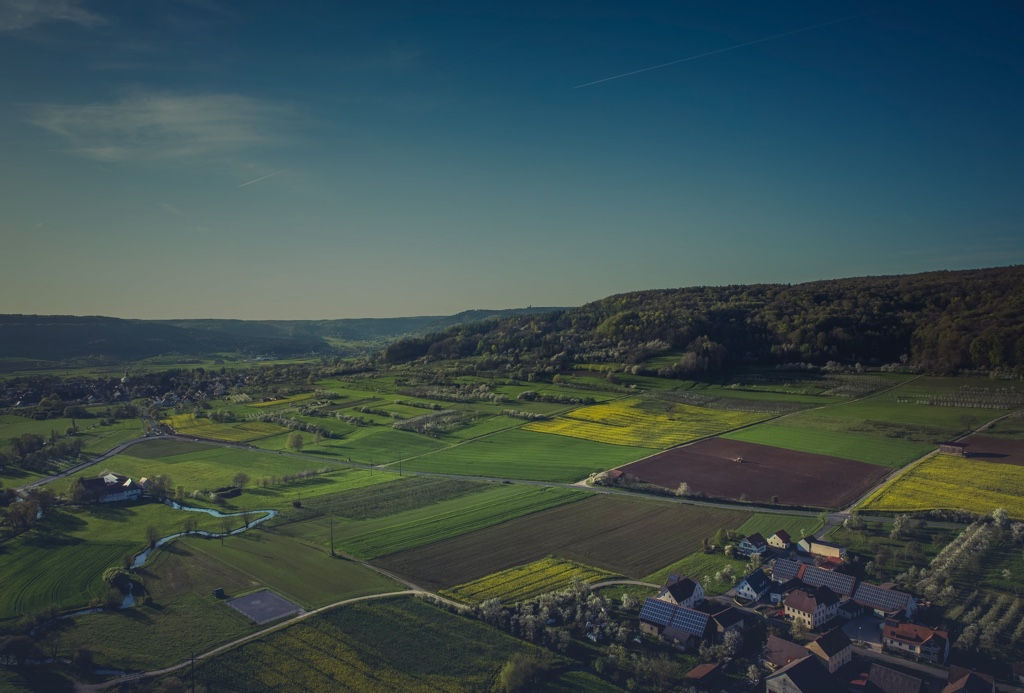Be more organised with new Crop Tags
- Georgina Knock
- Jul 16, 2021
- 2 min read
Updated: Jul 20, 2021
There are many ways to categorise or refer to fresh produce.

Often fruit and vegetables are sorted and categorised by a specification set by the end market, for example a certain quality and quantity. Other factors are important too, such as when the crop might be available, which season it belongs to and where it is coming from.
These different factors take different priorities in different businesses and at different times of year depending on market pressures. Furthermore, many ERP systems see fresh produce simply as “product lines”, therefore they struggle to store contextual data down to a field level, which is essential when handling a perishable product.
Introducing Crop Tags
Crop tags are free-text labels that can be attached to any crop on KisanHub (a plot or store lot). They can also be added to a contract, so that suitable produce may be “matched” to contracts.

Once added to a crop, the field and store inventories may be filtered by tags to find suitable produce, and they enable reporting based on configurable factors of your choice.
It also enables the classification of "product lines” into ERP systems such as Prophet and Netsuite and aids accounting processes.
"Crop Tags offers a scalable and flexible system for you to categorise and manage crops according to business needs." Jonny Kerley | Product Manager at KisanHub
How do I start using Crop Tags?
Tags are defined by your own organisation and are grouped into tag categories. Here is a How-To video for our customers.
Examples could be:
Crop end use (chipping, processing, crisping etc)
Indication of quality (e.g. red, amber, green)
Season (harvest year or accounting year
Organic status (Organic certified, Non-organic)

Once tags have been created, they are available immediately across all plots and store lots you can see. The tags of other organisations who can see the plot are also visible and can be added to the crop (web and mobile).




Comments